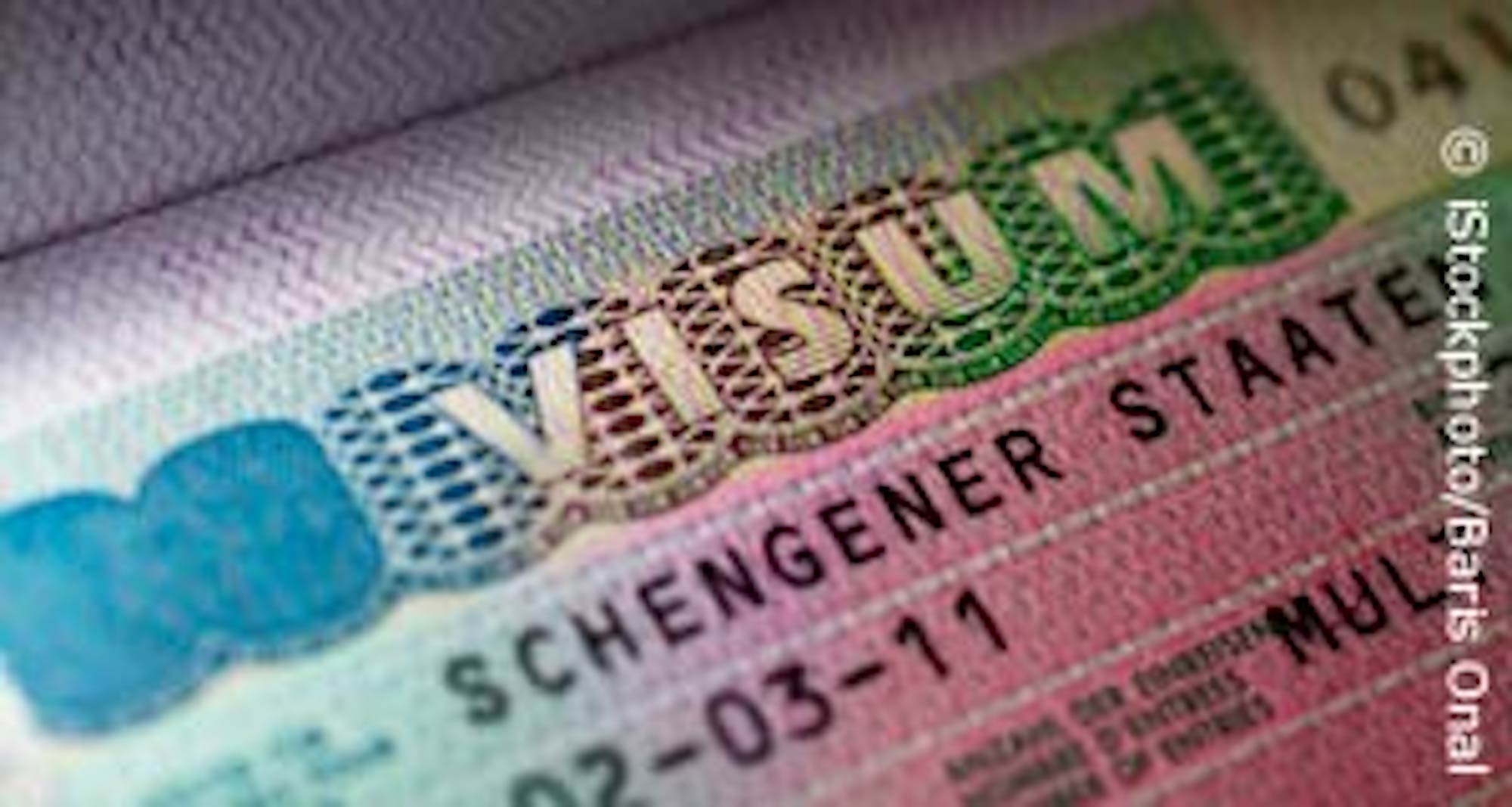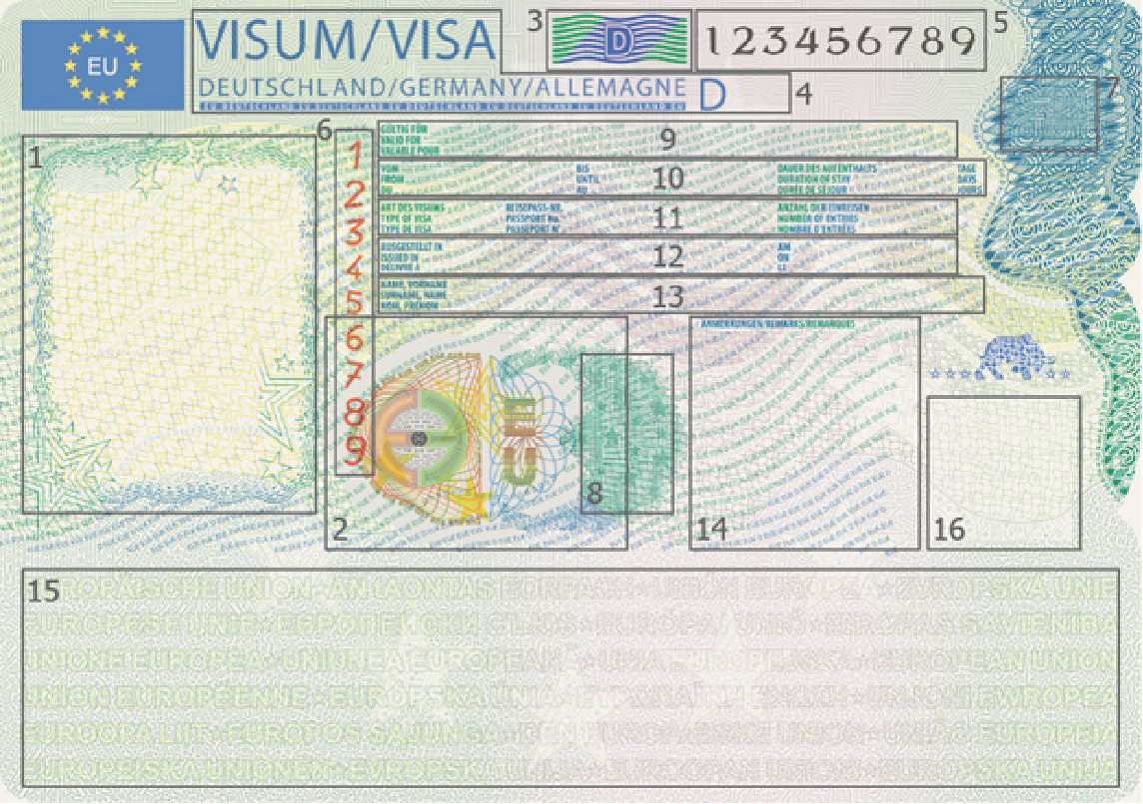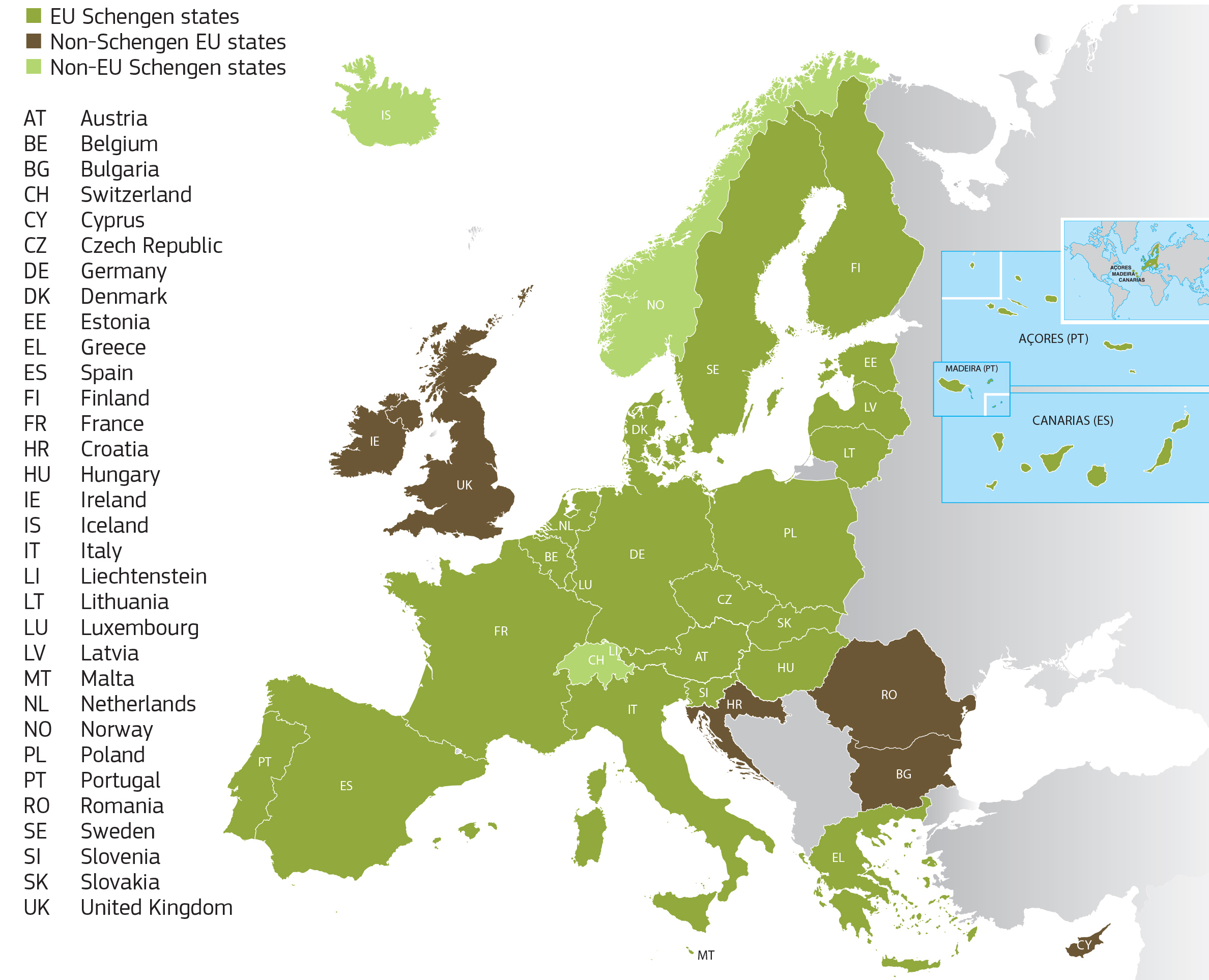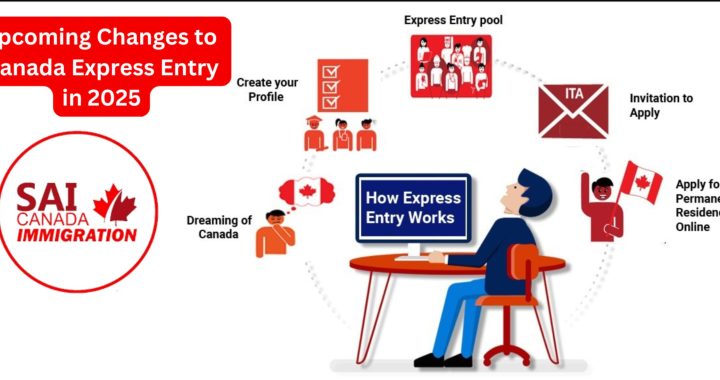Schengen Visa Rules- What Changes are Likely to Happen That You Must Know?

From February 2020, the rules for applying for the Schengen Visa are changing.
A Schengen Visa forms part of the common visa policy of European countries to maintain a border-free area within their territorial region. One needs a Schengen Visa to enter any of the Schengen states in the European region. The Schengen Visas are hugely popular. In 2016 alone, the 26 Schengen states allotted a total of 13.9 million visas.
From February 2020, the EU is planning to bring some changes in the rules governing the issuance of the Schengen Visa.
Let’s know these changes that are likely to happen in the rules and code of Schengen Visa.
What is a Schengen Visa?

You need a Schengen Visa to enter and travel in any of the 26 countries of the European region that are party to the Schengen agreement.
22 countries out of these 26, form part of the European Union (EU) whereas four countries form part of the European Free Trade Association (EFTA).
Under the Schengen agreement, 26 European countries agreed to allow their citizens to enter and travel freely through each other’s region, virtually making these countries as a single area or region.
What Authority does Schengen Visa Holder Carry?
A Schengen Visa authorises you a few privileges. The EU Visa Code is the document that lays down rules, procedures and guidelines for short stays and airport transits. There is a uniform format for the Schengen visa stickers, which is again an essential element of the common visa policy.
Short Stay Visa
A stay or transit through the Schengen states’ territorial region for maximum 90 days period within six months duration.
Airport Transit Visa
Transit through the airport transit areas of the Schengen states.
What are the Schengen States?

Schengen states are the 26 countries of the European region who have signed the Schengen agreement. The Regulation (EU) 2018/1806 governs and specifies the lists of these countries.
Twenty-two countries fall under the European Union, whereas four countries come under the European Free Trade Association (EFTA).
Nineteen countries don’t form part of the European Union or the Schengen region. However, they permit the Schengen Visa holders to travel, enter or stay in their territorial regions just by producing their valid Schengen Visa.
Thus, these countries temporarily exempt these foreigners to obtain a National visa either to travel or to stay in their bounded territories.
Types of Schengen Visas
Schengen Visas are available in three formats.
- Limited Territorial Validity Visas (LTV)
- Uniform Schengen Visa (USV)
- National Visas
Points for Consideration While Applying for Schengen Visa
- Take appointment minimum of 15 days in advance.
- Fill visa application form diligently and cautiously.
- Have your documents ready such as
- Previously held visas if any.
- Medical insurance ( minimum €30,000 cover).
- Last three months’ bank statements.
- Last three years’ income tax returns if you are a first-timer.
- Accommodation proof for stay.
- Covering letter mentioning the purpose of the stay.
- Invitation letter from partner organization if coming for business purposes.
- Acceptance letter from School or University if coming for educational purposes.
What are the Changes?
To strengthen the existing common visa policy, the European Commission in May 2018 decided to adopt a revision of Regulation (EC) No 810/2009 to revise the EU Visa Code.
The revision proposal got backed up by the European parliament in Apr 2019 and got a go-ahead by the Council of the European Union in June 2019 as the final step before implementing it in letter and spirit.
The revised Schengen Visa code shall become applicable from the 03 February 2020 (first Monday). The new rules will include the following.
- Increased visa fees.
- The electronic method of applying being adopted in most countries.
- Application submission periods are getting extended.
- Longer validity being given to frequent travellers with a good track record.
Bottom Line
The Schengen Visa is one of the best visas that one can have as it permits him/her to travel freely through 26 European countries. The number of applications to obtain the Schengen Visas has spiked higher in recent times.
The European Union has made plans to bring a few changes from February 2020 in the rules and code of the Schengen Visa.

 What actions by Trump Government are in store for illegal immigrants in US? What are Challenges to deport illegal immigrants from US?
What actions by Trump Government are in store for illegal immigrants in US? What are Challenges to deport illegal immigrants from US?  The high real estate prices in Canada are significantly impacting immigrants and International Students in Canada
The high real estate prices in Canada are significantly impacting immigrants and International Students in Canada  Which City in Canada is better to live- Vancouver, Toronto or Calgary
Which City in Canada is better to live- Vancouver, Toronto or Calgary  What makes Saskatchewan province of Canada the most dangerous province?
What makes Saskatchewan province of Canada the most dangerous province?  Are you willing to move abroad? Finland is definitely what you must choose!
Are you willing to move abroad? Finland is definitely what you must choose!  Work Possibilities for Immigrants to Canada
Work Possibilities for Immigrants to Canada  Now Canada Can cancel the Travel Visa or Study Permit issued- What You Need to Know About Visa, Work, and Study Permit Cancellations
Now Canada Can cancel the Travel Visa or Study Permit issued- What You Need to Know About Visa, Work, and Study Permit Cancellations  Impact of Anti-Immigrant Sentiment on Canada’s Provinces and Job Sectors
Impact of Anti-Immigrant Sentiment on Canada’s Provinces and Job Sectors  Key Changes in 2025- updating Job Requirements for Express Entry Canada
Key Changes in 2025- updating Job Requirements for Express Entry Canada  Increased Rejections of Temporary Residents in Canada: A 2025 Perspective
Increased Rejections of Temporary Residents in Canada: A 2025 Perspective